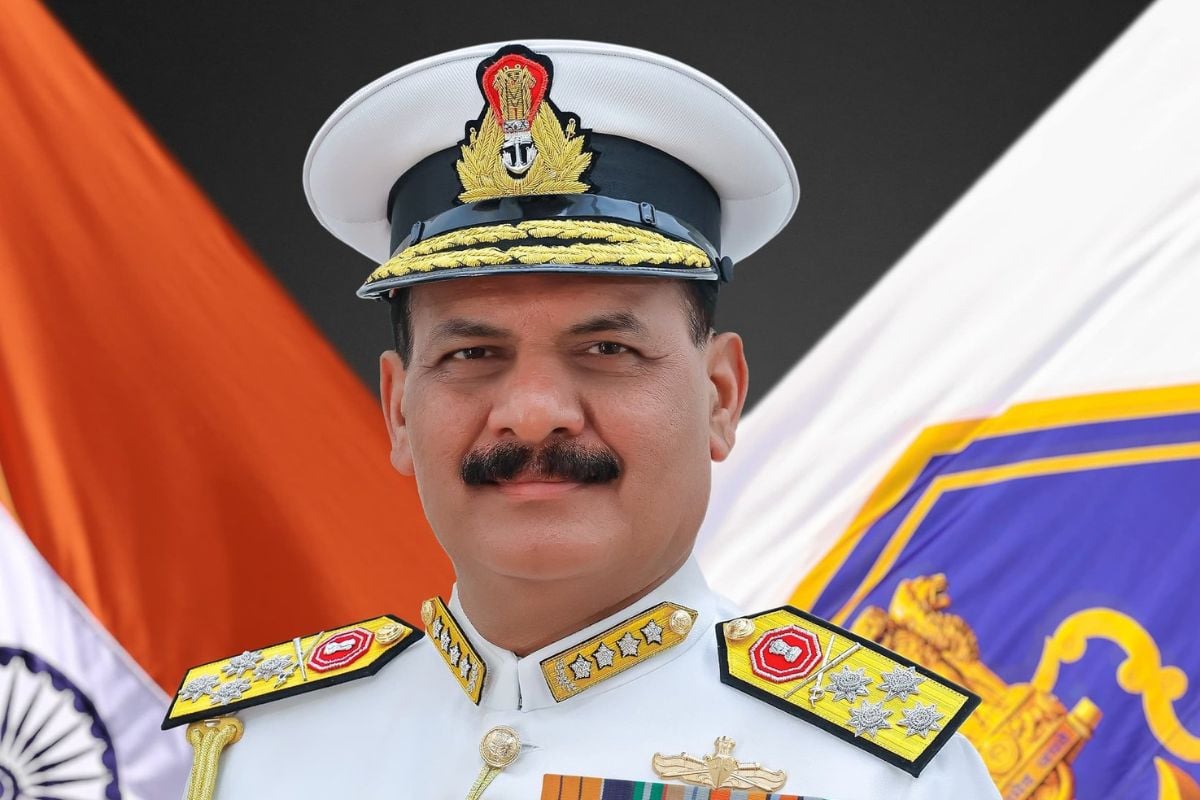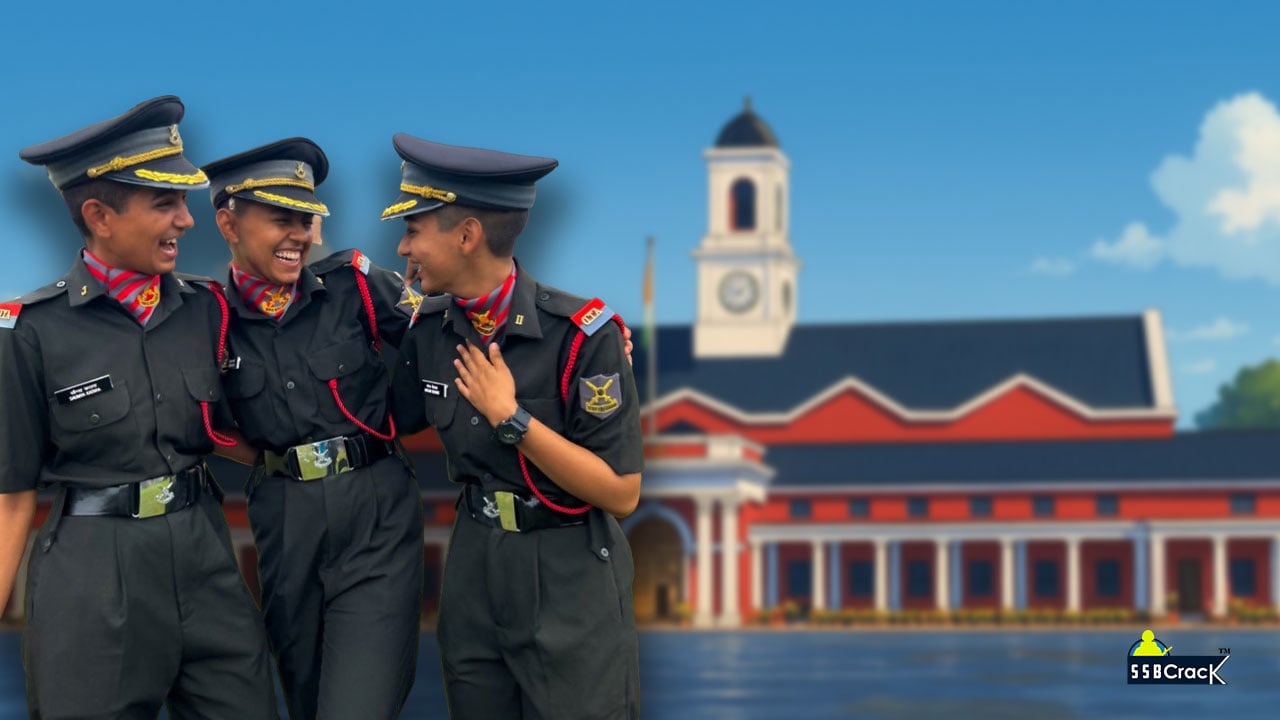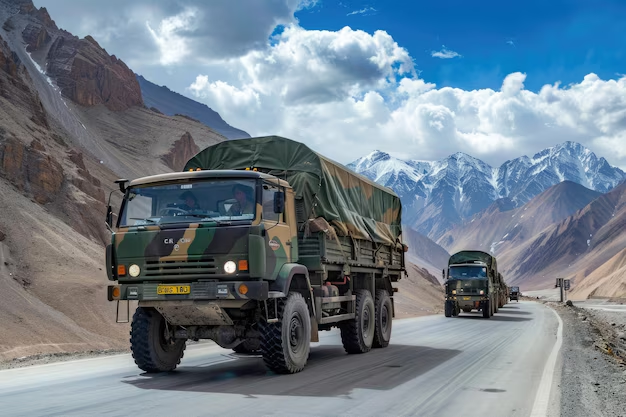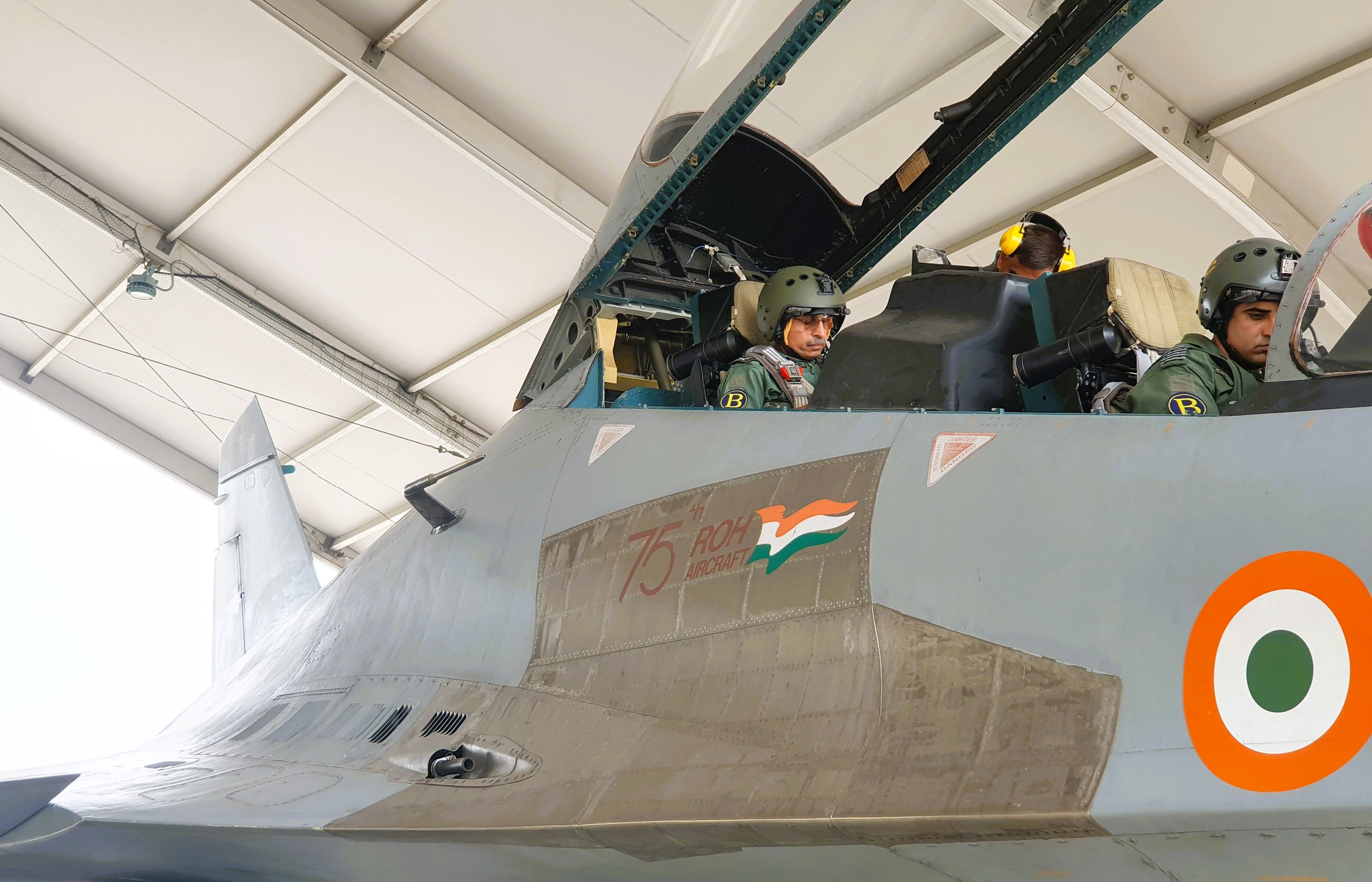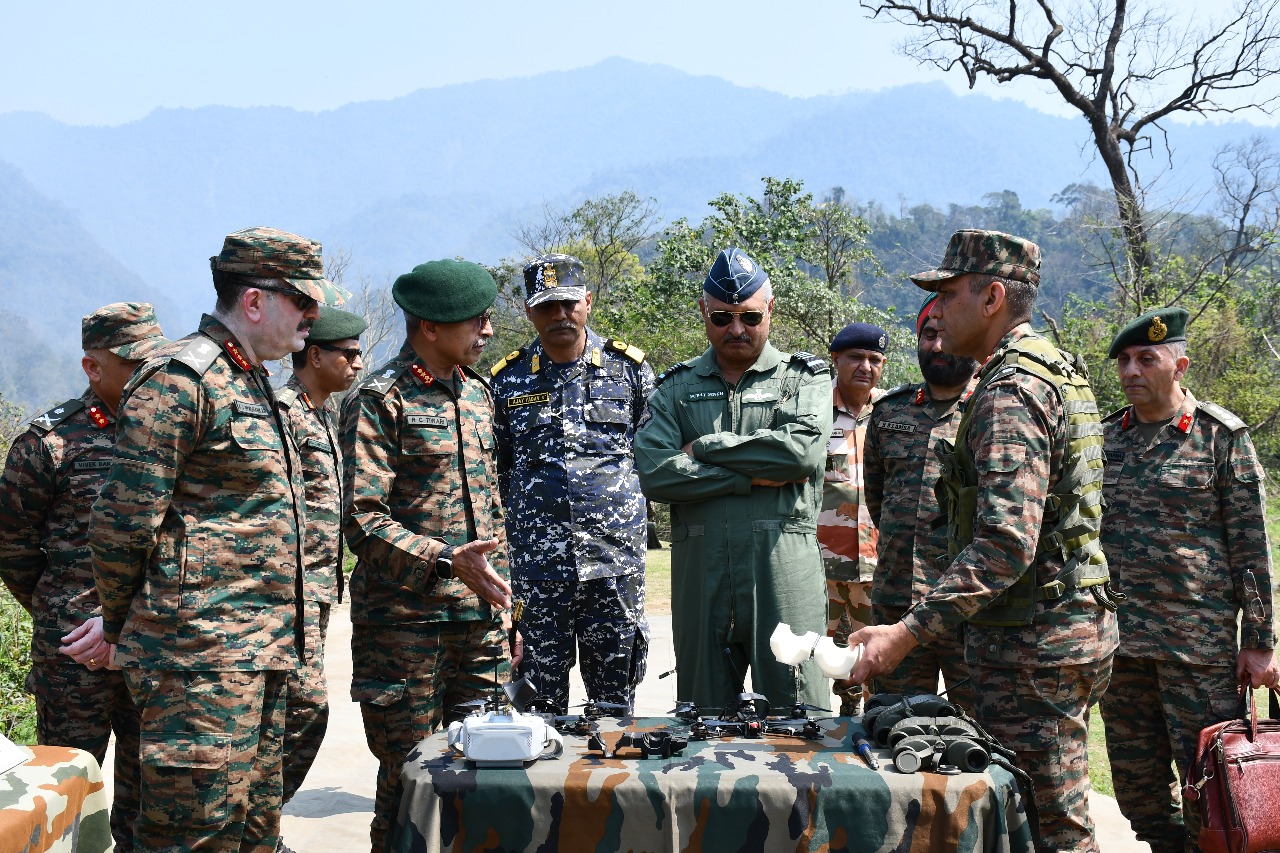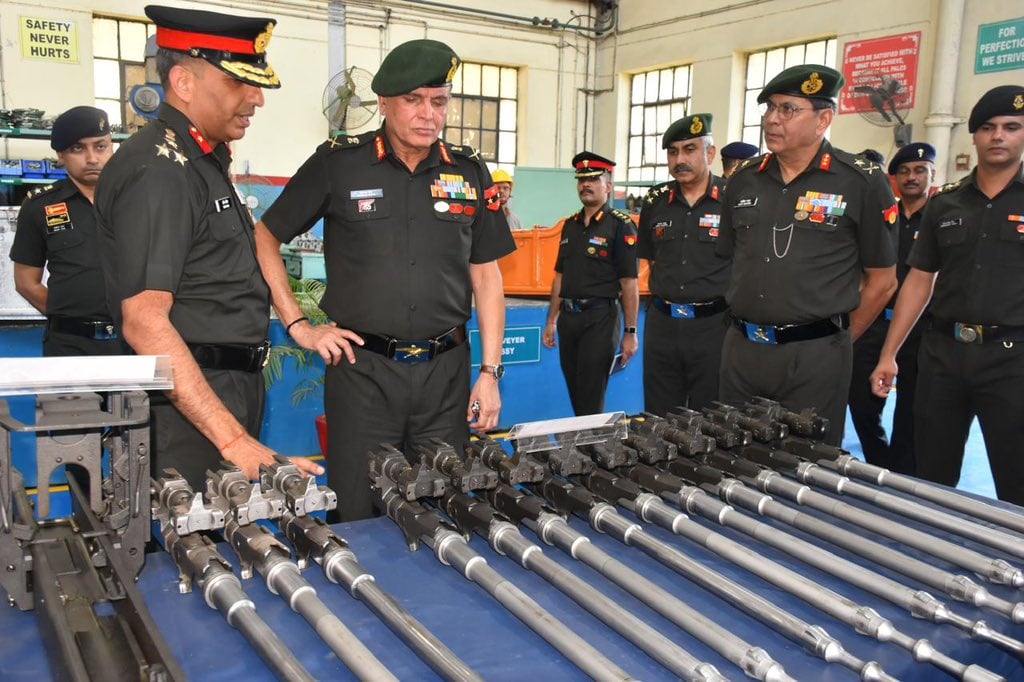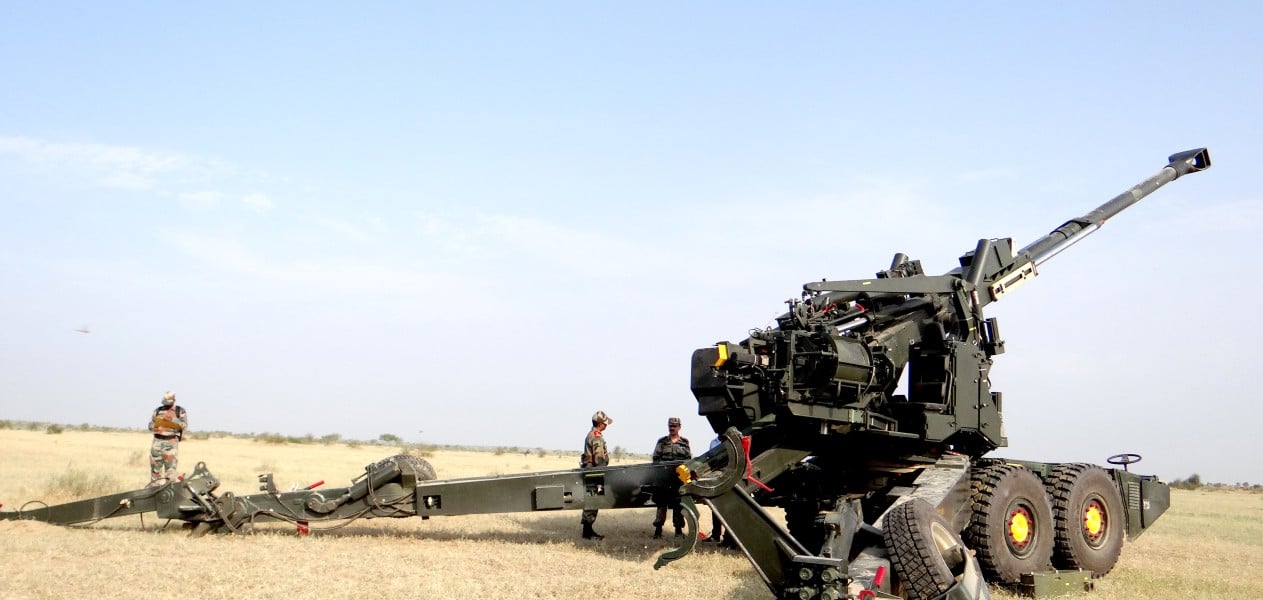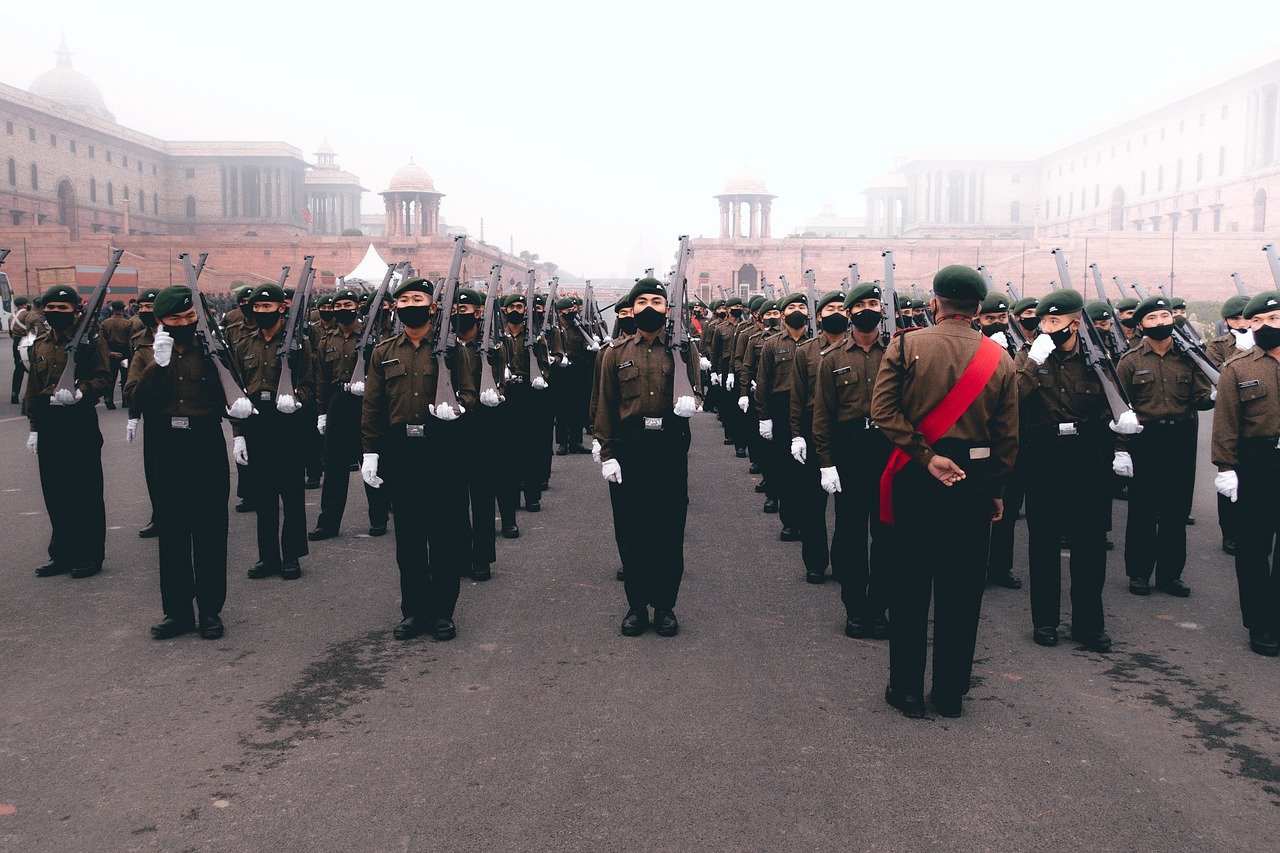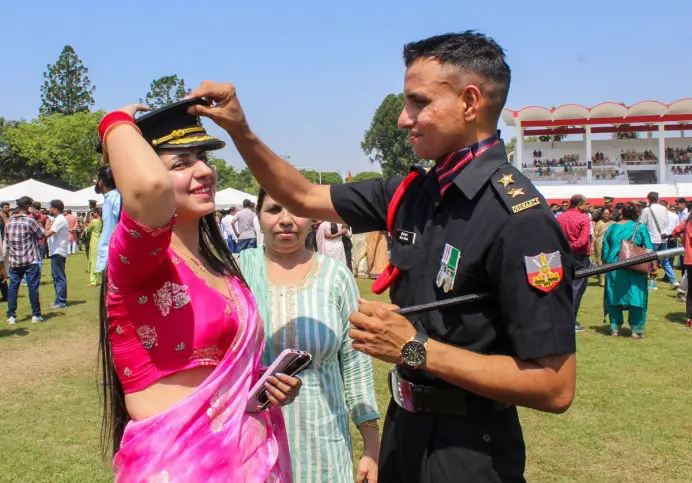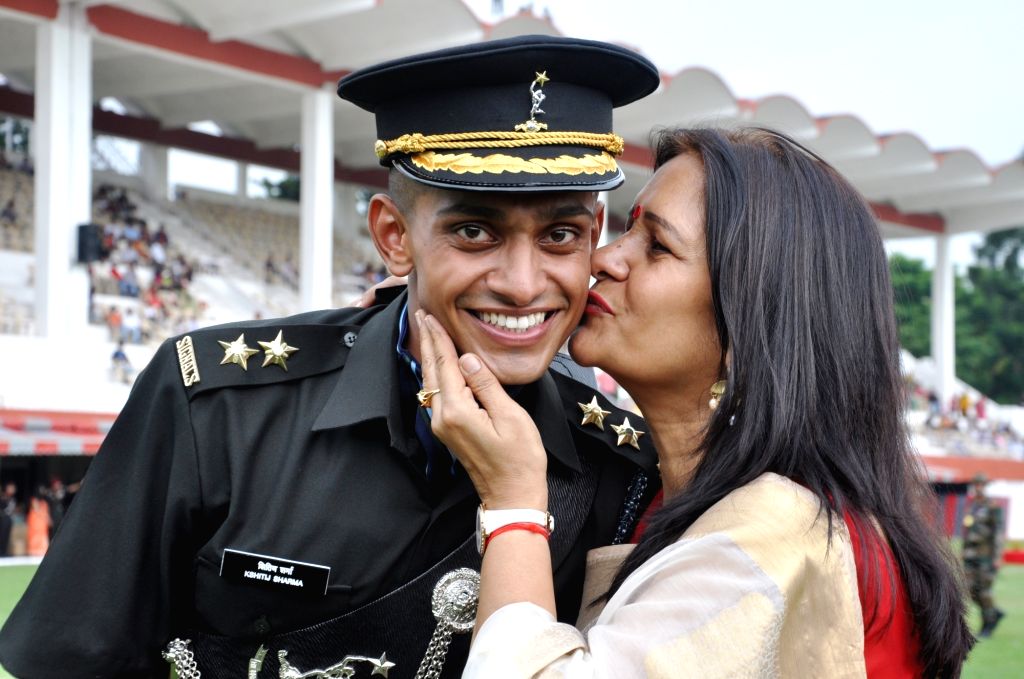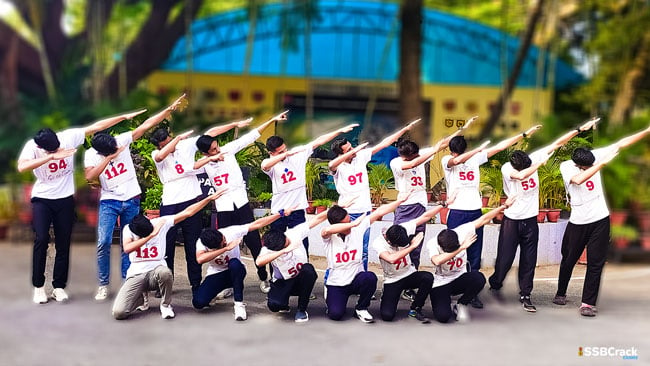Adm. Dinesh K Tripathi, Chief of the Naval Staff (CNS) of India, is set to begin a significant four-day official visit to Indonesia, commencing on Sunday. This visit is a strategic move aimed at reinforcing the bilateral defence relations between India and Indonesia, which have been on an upward trajectory under the framework of a Comprehensive Strategic Partnership. The focus of this engagement will be to enhance naval cooperation between the two nations.
During his time in Indonesia, Adm. Tripathi will hold discussions with key officials from the Indonesian government and military, including Defence Minister Mr. Sjafrie Sjamsoeddin, General Agus Subiyanto, the Commander of the Indonesian Armed Forces, and Admiral Muhammad Ali, the Chief of Staff of the Indonesian Navy. These high-level exchanges are expected to address a wide array of topics centered around defence cooperation, particularly in the realm of maritime security.
Key issues on the agenda will likely include joint training initiatives, with an emphasis on identifying additional opportunities to bolster operational collaboration between the Indian and Indonesian navies. The visit highlights the commitment of both countries to nurture their strong maritime ties in accordance with their shared vision of enhancing India-Indonesia Maritime Cooperation in the Indo-Pacific region.
Currently, the two navies are engaged in a series of coordinated activities, with the 43rd India-Indonesia Coordinated Patrol taking place along the International Maritime Boundary Line (IMBL) from December 10 to December 18. This initiative is part of ongoing efforts to improve maritime security and promote mutual understanding.
The Indian Ministry of External Affairs has articulated that Adm. Tripathi’s visit is anticipated to further solidify the bonds of friendship and cooperation between the two navies. It underscores a mutual commitment to expand collaboration in areas of shared interest, aiming to ensure peace and stability in the maritime domain. As global maritime dynamics evolve, such diplomatic visits play a crucial role in strengthening strategic partnerships and enhancing regional security.

